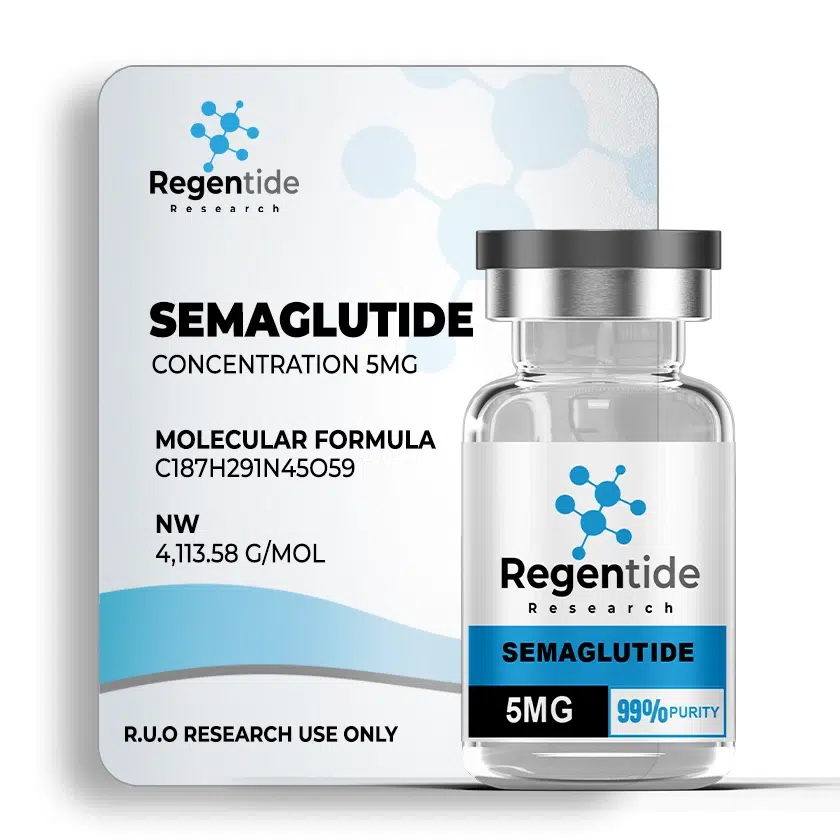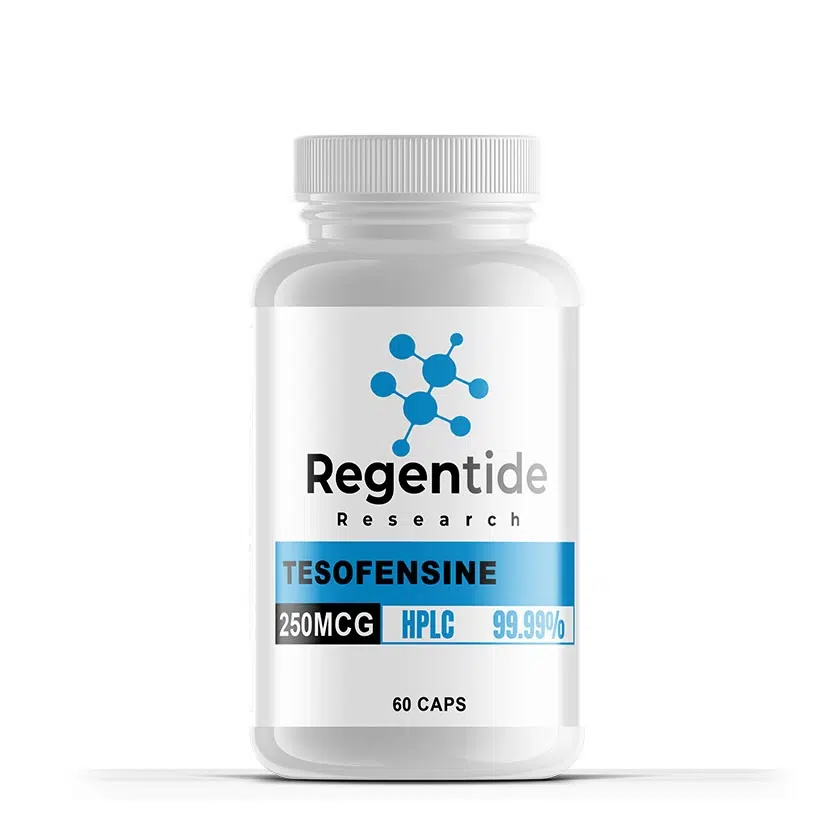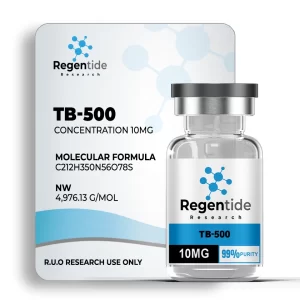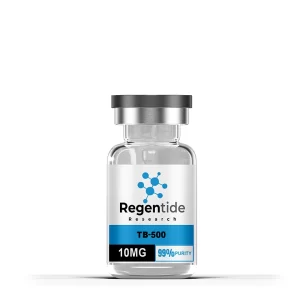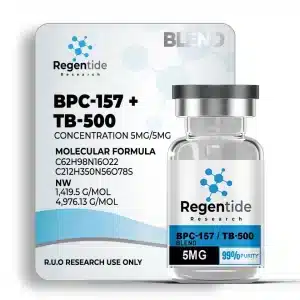Tesofensine 250mcg 60 Capsules
$149.99
Tesofensine is a research compound originally studied as a reuptake inhibitor of dopamine, serotonin, and norepinephrine. It is being investigated for its potential effects on weight management and metabolic health due to its ability to influence appetite and energy expenditure.
- Mechanism of Action: Tesofensine works by increasing the levels of dopamine, serotonin, and norepinephrine in the brain, which helps regulate appetite and enhance energy metabolism. These effects contribute to reduced food intake and potential weight loss, making it a subject of interest in obesity-related research.
This compound is intended exclusively for research purposes and is not approved for human consumption. It must only be handled by qualified professionals in a controlled research environment.

Out of stock
Description
Tesofensine (NS2330 – Monoamine Reuptake Inhibitor)
Tesofensine is a centrally acting monoamine reuptake inhibitor studied for its potential to modulate appetite, energy expenditure, and neurochemical signaling. Originally developed as a treatment for neurodegenerative disorders, Tesofensine has since gained significant interest in obesity and metabolic research due to its ability to promote weight loss by modulating dopaminergic, serotonergic, and noradrenergic neurotransmission.
Tesofensine functions by inhibiting the reuptake of dopamine (DA), serotonin (5-HT), and norepinephrine (NE), leading to increased concentrations of these neurotransmitters in synaptic clefts. This mechanism enhances central satiety signaling and metabolic rate while suppressing appetite. Unlike stimulant-based weight-loss agents, Tesofensine appears to exert thermogenic and appetite-suppressing effects without inducing major cardiovascular stimulation in early models.
Chemical Makeup
-
Chemical Name: (3R)-1-Benzyl-3-(2-(dimethylamino)ethyl)-2,3-dihydro-1H-indol-5-ol hydrochloride
-
Molecular Formula: C17H23NO·HCl
-
Molecular Weight: 297.83 g/mol
-
Form: Lyophilized powder or capsule (for research use only)
-
Solubility: Soluble in DMSO and ethanol; limited aqueous solubility
-
Stability: Store below −20°C for long-term preservation
Research & Preclinical Investigations
Appetite Suppression and Weight Reduction
In preclinical models and early-phase clinical trials, Tesofensine significantly reduced caloric intake and body weight in obese subjects by acting on appetite-regulating centers in the hypothalamus. The compound appears to prolong monoamine signaling, enhancing satiety and reducing hunger. Weight loss observed with Tesofensine has outperformed that of certain GLP-1 receptor agonists and placebo in controlled studies.
Neurochemical Modulation
Tesofensine’s mechanism involves simultaneous reuptake inhibition of serotonin, dopamine, and norepinephrine, making it functionally similar to a triple monoamine reuptake inhibitor. This has prompted interest in its application to models of Parkinson’s disease, Alzheimer’s disease, and mood disorders, where deficits in monoaminergic signaling are present.
Energy Expenditure and Thermogenesis
Research has also shown Tesofensine may increase basal metabolic rate (BMR), leading to greater fat oxidation and energy expenditure. These findings suggest Tesofensine’s impact is twofold—reducing energy intake while increasing output, a rare combination among non-stimulant compounds studied in obesity models.
Research Use Only
Tesofensine is offered strictly for in vitro and in vivo laboratory research. It is not approved for human use, medical treatment, or diagnostic purposes. All research applications must comply with institutional safety standards.
References
-
Astrup A, et al. Effect of Tesofensine on weight loss in obese patients: a randomized, double-blind, placebo-controlled trial. Lancet. 2008;372(9653):1906–1913.
-
Thomsen WJ, Grottick AJ. Monoamine reuptake inhibitors as novel anti-obesity agents. Curr Top Med Chem. 2010;10(17):1800–1807.
-
Enevoldsen AM, et al. Tesofensine: a triple monoamine reuptake inhibitor for neurodegenerative and metabolic disorders. CNS Drug Rev. 2006;12(1):21–38.
Additional information
| Title | Default Title |
|---|

